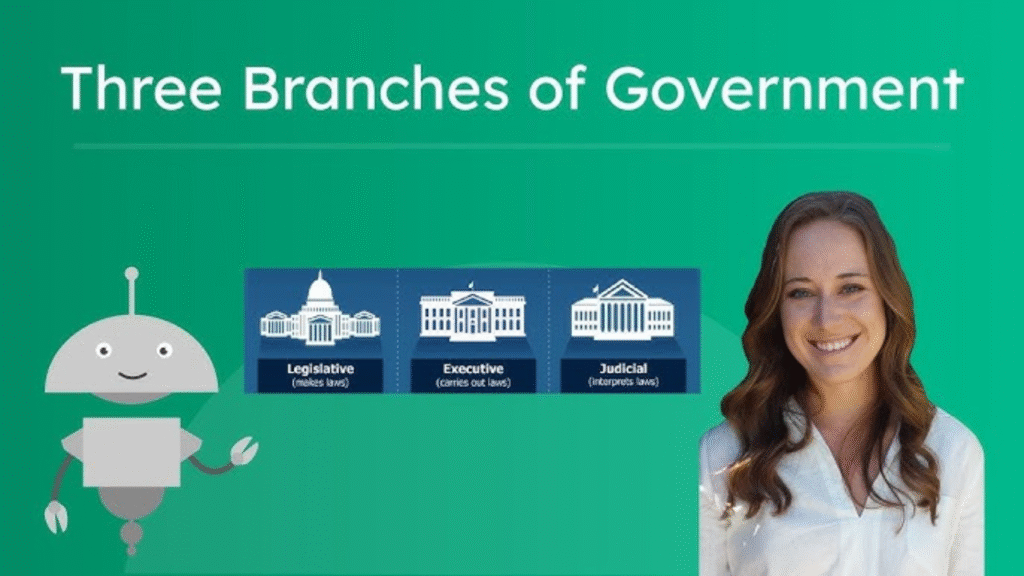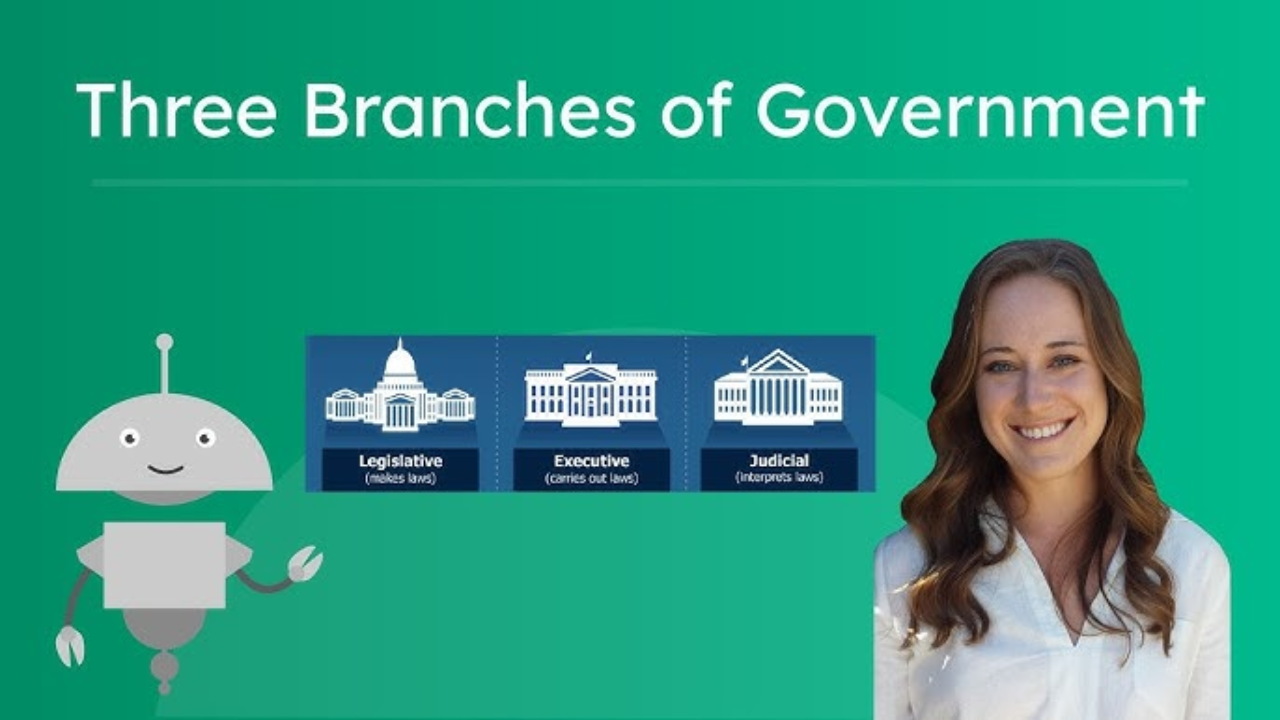
The United States government is built on a system of checks and balances, designed to prevent any one branch from gaining too much power. This system divides government responsibilities among three branches: the Legislative, Executive, and Judicial branches. Understanding how these branches function and interact is crucial for every citizen, as it shapes how laws are made, enforced, and interpreted—and ultimately affects your daily life. This article explains each branch’s role, its powers, and what it means for you as a member of the community.
The Legislative Branch: Making the Laws
The Legislative Branch, primarily composed of Congress, is responsible for creating laws. Congress is bicameral, meaning it has two chambers:
- The House of Representatives: Made up of 435 members, apportioned based on state populations.
- The Senate: Consists of 100 members, two from each state regardless of size.
Key Powers:
- Draft, debate, and pass legislation.
- Control federal spending and taxes.
- Declare war and regulate interstate commerce.
- Confirm presidential appointments (Senate) and ratify treaties.
For citizens, the Legislative Branch represents your voice in government. Your elected representatives introduce and vote on laws that impact education, healthcare, infrastructure, and more.
The Executive Branch: Enforcing the Laws
The Executive Branch is headed by the President, who acts as the head of state and government. This branch also includes the Vice President, the Cabinet, and numerous federal agencies.
Key Powers:
- Implement and enforce laws passed by Congress.
- Serve as Commander-in-Chief of the armed forces.
- Negotiate treaties and conduct foreign policy.
- Issue executive orders and pardons.
- Oversee federal agencies that administer public services.
For you, the Executive Branch translates laws into action. Whether it’s Social Security benefits, environmental protections, or immigration enforcement, executive agencies manage these programs daily.
The Judicial Branch: Interpreting the Laws
The Judicial Branch interprets laws and ensures they comply with the Constitution. It is headed by the Supreme Court, which is the highest court in the land, and includes lower federal courts.
Key Powers:
- Review laws and executive actions for constitutionality.
- Resolve disputes under federal law.
- Protect individual rights and liberties.
- Interpret the meaning and application of laws.
This branch safeguards your rights and freedoms by reviewing laws and government actions. It ensures laws are applied fairly and can strike down laws that violate the Constitution.
How the Branches Work Together
The three branches are designed to balance each other through a system of checks and balances:
- The Legislative Branch makes laws, but the President can veto them.
- The Executive Branch enforces laws but requires funding and oversight from Congress.
- The Judicial Branch can declare laws or executive actions unconstitutional.
- Congress confirms judicial appointments; the President nominates judges.
This interconnected system ensures no branch becomes too powerful and promotes collaboration.
Why This Matters to You
Understanding the three branches helps you:
- Know Where to Direct Concerns: Whether to contact your representative, engage with executive agencies, or understand judicial rulings.
- Participate Effectively: Voting for legislators and the President impacts who controls laws and enforcement.
- Understand Your Rights: Judicial decisions affect civil rights, privacy, and legal protections.
- Hold Government Accountable: Recognize how laws are made, enforced, and interpreted empowers you to advocate for change.
Overview Table: The Three Branches of Government
| Branch | Primary Role | Key Powers | Leaders | How It Affects You |
|---|---|---|---|---|
| Legislative | Make laws | Pass legislation, control budget, declare war | Congress (House & Senate) | Laws on education, taxes, healthcare |
| Executive | Enforce laws | Implement laws, Commander-in-Chief, treaties | President and Cabinet | Federal services, policy enforcement |
| Judicial | Interpret laws | Judicial review, protect rights | Supreme Court & federal courts | Uphold constitutional rights |
FAQs
Q1: Can the President make laws?
No, only Congress can make laws, but the President can veto laws passed by Congress
Q2: What happens if the Supreme Court finds a law unconstitutional?
That law can no longer be enforced and may be overturned or require revision.
Q3: How can citizens influence each branch?
By voting for legislators and the President, contacting representatives, and understanding court decisions.

